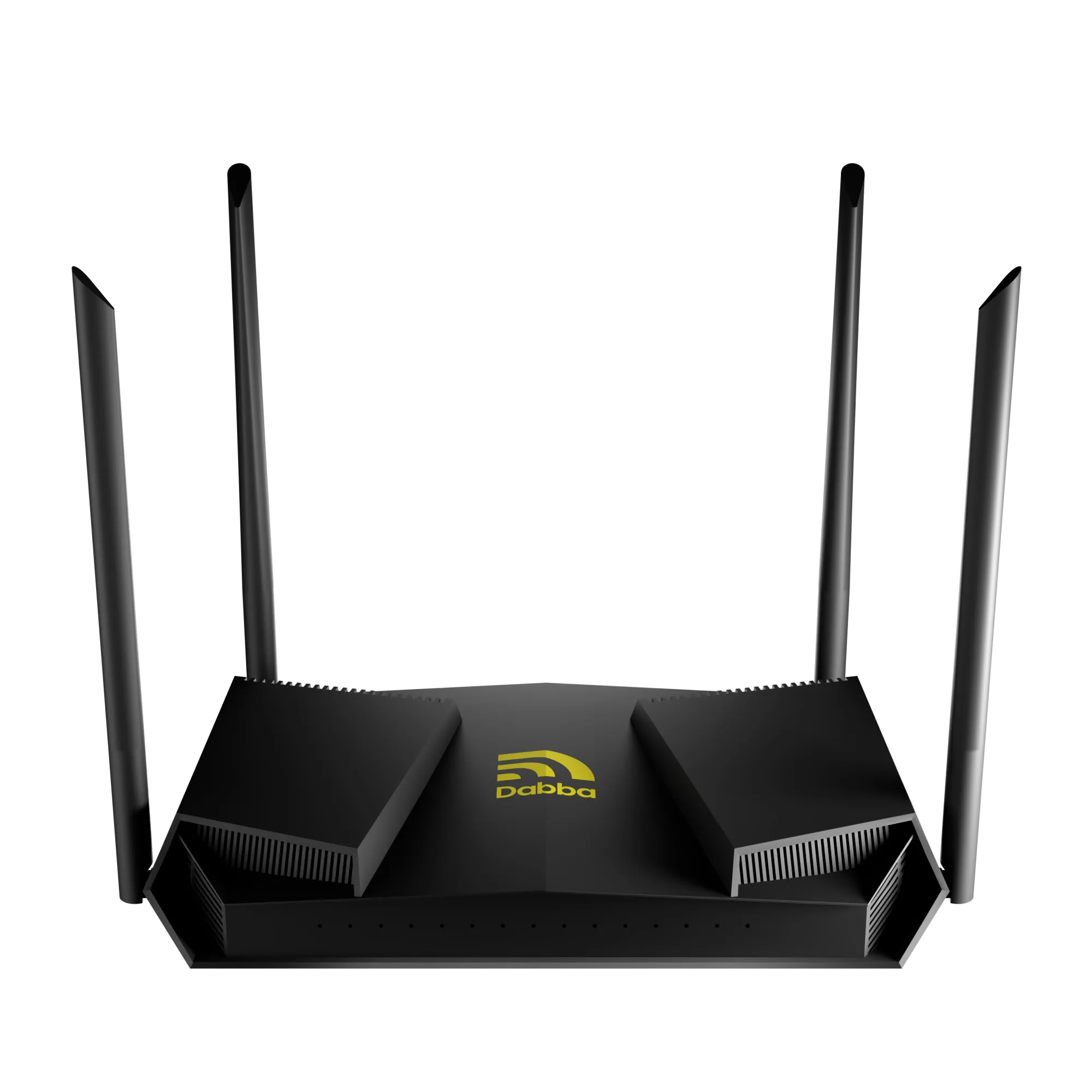For decades, telecom has been the ultimate walled garden: vertically integrated, capital intensive, and controlled by a handful of national operators. Everything from spectrum licensing and physical infrastructure to billing, customer service, and pricing has been tightly held under one roof.
But today, we’re witnessing something rather historic: the unbundling of telecom. Enabled by DePIN (Decentralized Physical Infrastructure Networks) and crypto, this shift is transferring ownership and control from centralized telcos to communities and individuals.
At Dabba, we’re not just observing this change, we’re building it. Here’s what that means, why it matters, and how it’s unfolding.
The Telecom Monolith: Why It Exists
Telecom became centralized for a reason:
- Spectrum licensing: Expensive, controlled by governments, requiring national scale.
- High capital expenditure: Laying fiber, building towers, and rolling out national customer service teams requires billions.
- Complex operations: Billing systems, compliance, support, and customer acquisition are massive undertakings.
This model has delivered connectivity for billions, but with deep structural limitations:
- Rural and semi-urban regions remain underserved.
- Decisions are made top-down, far removed from local context.
- Revenue streams are captured by centralized entities, not local communities.
The Unbundling: What’s Changing?
Crypto and DePIN are breaking this model apart, piece by piece:
| Layer | Traditional Telecom | DePIN / Dabba Approach |
| Infrastructure | Built and owned by national telcos | Crowdfunded globally, deployed locally via LCOs |
| Operations | Managed centrally | Managed by local operators with on-chain coordination |
| Revenue | Captured by telcos | Shared among stakeholders that enable connectivity |
| Governance | Top-down | Community-driven, on-chain |
This isn’t just decentralizing hardware, it’s decentralizing the value, governance, and data that power the network.
How Dabba Is Unbundling Telecom
At Dabba, we’ve built a model that puts local communities, builders, and investors at the center:
- Managed Deployment: Anyone globally can purchase a Dabba hotspot; our local partners deploy and maintain it in India, ensuring real demand and usage. Learn more about Dabba’s Managed Deployment Model here: How Managed Deployment Helps Overcome the Biggest Challenges in DePIN
- Demand-Driven Rollout: Hotspots go live only when there’s a paying customer, eliminating idle infrastructure.
- Local Cable Operators (LCOs): India has over 150,000 LCOs who know their local markets intimately. Instead of replacing them, Dabba gives them capital, tech, and marketing support.
- On-Chain Rewards: Instead of profits flowing to one telco, value is captured and distributed via $DBT tokens:
- Hotspot owners earn from real data consumption.
- LCOs earn for deployment and maintenance.
- Bandwidth providers and location owners earn for supporting the network.
Everything is transparent via the Dabba Network Explorer.
Why It Matters
The impact isn’t just technical; it’s social and economic:
- Local empowerment: Communities earn from it, and decide how it grows.
- Scalability: By turning telecom infra into an investable, programmable asset, growth no longer depends on a telco’s balance sheet.
- Alignment: Everyone, from a hotspot owner in New York to an LCO in Bihar, benefits when local data usage increases.
Data: Proof It Works
Before token incentives even launch, Dabba is already live:
- 5,800+ hotspots deployed
- 150,000+ connected devices
- 13,300+ TB of data consumed
- Daily usage growing 40% MoM
This traction isn’t hypothetical—it’s already proving the model.
The Bigger Trend: Crypto’s Unbundling of Everything
If we look at the macro trends in web3, we see the same story:
- DeFi: Unbundled banking and trading.
- DAOs: Unbundled corporate governance.
- NFTs: Unbundled ownership of media and art.
Dabba applies this logic to telecom: breaking a single, capital-intensive pipeline into many globally funded, and transparently governed pieces.
Suggested Reading: Tokenizing Bandwidth: How Is Dabba Bringing a Multi-Billion Dollar Business On-Chain?
Final Thoughts
Oil fueled the 20th century; bandwidth will fuel the 21st. And for the first time, the revenue, ownership, and control of that bandwidth don’t have to stay locked in a telco’s balance sheet.
At Dabba, we’re proving that connectivity can be funded globally, and scaled sustainably.
We’re not just connecting people to the internet. We’re connecting them to ownership of it.
